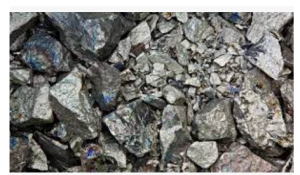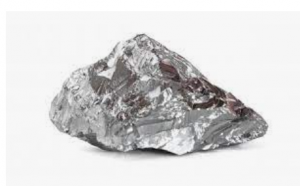Since the dawn of time, or at least since human beings’ time on Earth, we’ve tried to use metal to our advantage. But, for the most part, we’ve been incredibly successful at it. We’ve been such successful ages of our existence have been named after it. The two that spring to mind are the Bronze age and the Iron Age. Both of these periods of time saw the development of metal in terms of tools, decorative items, armour and weapons. So using metal meant that we could hunt better and fight with more excellent protection plus look good doing it!

However, being human beings, we wanted to get more out of the metals that we found in the ground. Inventors, and those with an ingenious sense, started adding chemicals and other minerals into the smelting pot to make even more significant and vital materials such as steel. These metals helped develop the world and lay the foundations for the modern one we find ourselves in today. There is one natural metal that is so perfect; it doesn’t need anything added. It is Nickel.

One of the best things about nickel is that it’s almost like plastic. Plastic is a combination of polymers and fibres. Heat it up, and you can bend it into pretty much any shape you want, or you can pour it into a mould. Some metals are not so keen to do this, but Nickel is excellent at it. It’s what we call a ductile metal because of this ability to be bent and moulded into any shape we want. It’s also this remarkable propensity that means it is excellent for protecting particular components from rust and dust. Nickel composites like those from www.poeton.co.uk/advanced-treatments/apticote-460-nickel-composites/ are perfect examples of this.
There aren’t tremendous amounts of nickel in the world. As with any resource, it is finite. It is also hard to get hold of. Mining is the usual way to find them, but they only occur in two sources, ultramafic rock, which is very rare, or meteorite strike sites that haven’t been exposed to the Earth’s atmosphere for millennia. The largest mines are located in Russia, Canada and Australia. This brings a tremendous amount of revenue to these countries as nickel is highly sought after for the reasons above.